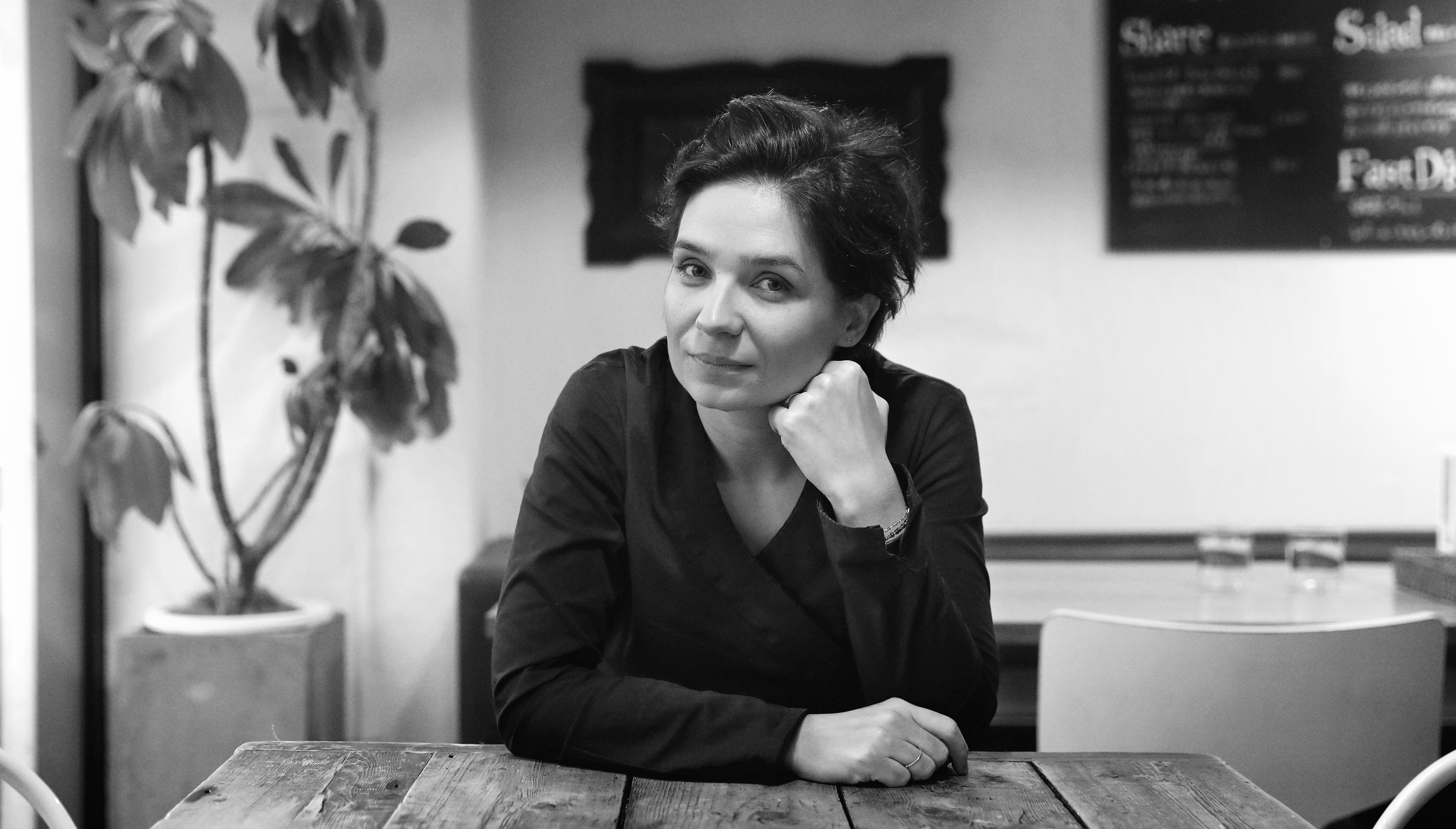Alpha Violet Clinches First Sales on Agnieszka Smoczynska’s ‘Fugue’ (EXCLUSIVE)
By Jamie Lang
LOS ANGELES (Variety.com) – Paris-based sales agents Alpha Violet has announced that Polish director Agnieszka Smoczyńska’s second feature “Fugue,” playing at the Karlovy Vary Film Festival, has sold to Canada, China, Switzerland, Denmark, Norway, Sweden, Lithuania and the Czech Republic.
The sales company has two other films at the festival: Natalia Garagiola’s Venice Audience Award winner “Hunting Season” and Berlin Golden Bear nominee “Dovlatov” from Alexey German Jr.
In the film, an anonymous woman stumbles across train tracks and into a crowded station with no idea who she is, and no emotional attachments. Only when she is featured on a TV talk show years later is her family finally able to contact and bring her back.
However, when reintroduced to her parents, husband and young child she is not only unable to remember them, but fairly sure she doesn’t want her old life back. She is a new person and these are now little more than strangers.
The audience is presented with questions about maternity and the social expectations heaped on mothers. “Does the biological capacity of giving birth mean that every woman is supposed to be willing to become a mother?” asks the film’s logline.
The script was written by first-timer Gabrysia Muskała, an accomplished actor who plays Alicja in the film.
“Fugue” is a Polish, Czech and Swedish co-production between MD4, Axman Production, Common Ground Pictures production in coproduction with Odra Film, Mazowiecki i Warszawski, Fundusz Filmowy, Magic Lab and Film i Väst.
Smoczyńska talked with Variety about directing the film’s screenwriter in the lead role, the importance of sound and music, and maintaining her style across a filmography she promises will continue to grow more diverse.
The music in the film is adeptly used to aid the viewer in empathizing with Alicja. Can you talk a bit about choosing and implementing the music?
Both music and sound design are as important to me as the image. I always work longer on the sound than I do on the image. I find sounds tremendously inspiring; they make it possible for us to express all the things that are not visible, and yet are clearly there. I invited a Czech composer Filip Mísek to work on the score. He likes minimalist music, which was very fitting for “Fugue.” For me, “Fugue” is a musical composition about a woman who lost her memory and didn’t want to recover it.
How was the script developed?
Gabrysia told me a story of a woman she saw on a TV show who had lost her memory. At one point someone called the studio and claimed they were the woman’s father, adding that she had a husband and a child. The woman was shocked. She didn’t recognize the man’s voice or remember her child. I thought to myself then – being a young mother myself – I would love to tell a story like that; a story of a mother who forgets her own child. At first I worked on the script with Gabrysia, but when I began working on “The Lure” Gabrysia finished the screenplay herself and gave me a finished draft, which moved me a lot.
That script works hard to subvert the tropes of films about forgotten identity. But what did you do as a director to tell a story like this in a fresh way?
When I received Gabrysia’s finished script I wondered how best to translate it to film. My DoP Kuba Kijowski, sound designer Marcin Lenarczyk and I worked together for months, trying to figure out the proper syntax for the story. The longer I poured over Gabrysia’s text, the deeper I entered the main character’s inner world. The starting point for me was the moment when Alicja’s car is found filled with soil. I thought to myself that even before she appears at the train station, she literally emerged from the earth, which is why I added that scene. I was looking for archetypal imagery that would reflect the character’s spiritual state and that would feel recognizable to everyone.
And what was it like directing the woman who wrote the film?
I was scared of that. At first, I didn’t want to make the movie. But, on the other hand, I felt a strong imperative to do it. Particular scenes haunted me. I dreamed the scene of Alicja emerging from the earth, which wasn’t in the script, and it was then that I understood that this path may be a hard one, but I needed to take it. Before we started, Gabrysia put her complete trust in me and cut herself off from her role as screenwriter. There were even moments when she wasn’t exactly sure what the screenwriter meant.
How did you want to challenge yourself after the success of “The Lure?”
I started working on “Fugue” when “The Lure” was in editing. I was really attached to “Fugue” and excited by the fact it was a completely different script and a completely different movie. Who would like to keep on making the same film, or even variations, till the end of her or his life…? It doesn’t let you grow. I am not interested in this kind of moviemaking. After the success of “The Lure,” many producers and viewers expected me to make another movie just like it – preferably a clone of it. But I would love to make each film different from the previous.
“Fugue” is bit more subdued than “The Lure,” but it still has a few trippy scenes. Is that something that will continue to define your filmmaking style going forward?
I love shooting trippy scenes. They make me feel I’m really breathing, like I’m actually presenting some added value that grows out from the deep unconscious. Gabrysia’s script was very realistic and psychological. All the fantasy elements were added by me. It was to deepen the character and her relationships with others.

